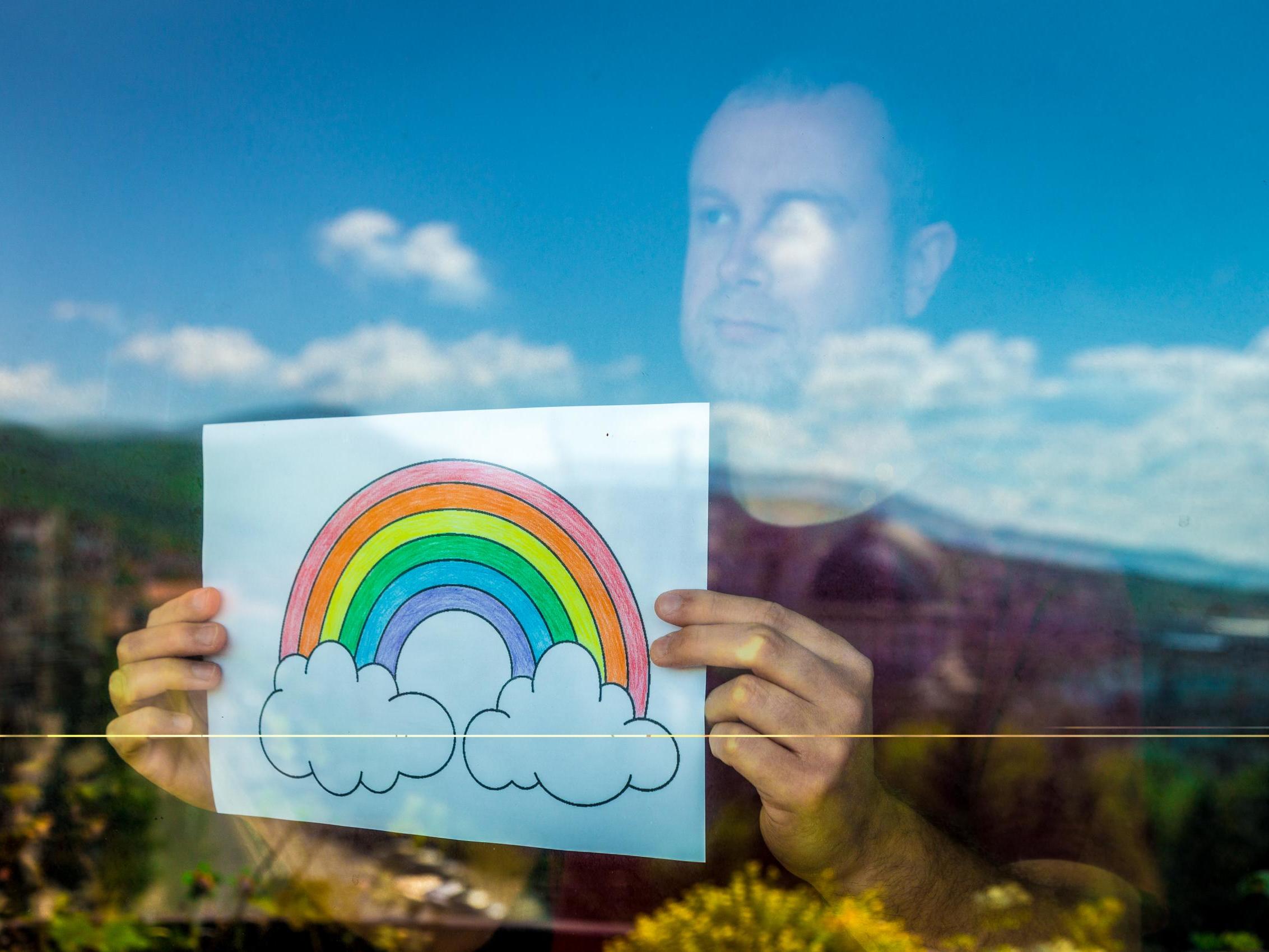Psychiatrists fear lockdown is ‘storing up’ a ‘tsunami’ of mental health problems
"We are just as worried about the people who need help now but aren't getting it,” says Professor Wendy Burn

Your support helps us to tell the story
From reproductive rights to climate change to Big Tech, The Independent is on the ground when the story is developing. Whether it's investigating the financials of Elon Musk's pro-Trump PAC or producing our latest documentary, 'The A Word', which shines a light on the American women fighting for reproductive rights, we know how important it is to parse out the facts from the messaging.
At such a critical moment in US history, we need reporters on the ground. Your donation allows us to keep sending journalists to speak to both sides of the story.
The Independent is trusted by Americans across the entire political spectrum. And unlike many other quality news outlets, we choose not to lock Americans out of our reporting and analysis with paywalls. We believe quality journalism should be available to everyone, paid for by those who can afford it.
Your support makes all the difference.Mental health services could be overwhelmed by a "tsunami" of referrals when the coronavirus lockdown measures end, the Royal College of Psychiatrists has warned.
A survey of 1,369 psychiatrists between 1-6 May, found 45 per cent had seen a reduction in routine appointment attendance since 23 March, leading to fears that patients were avoiding support until they reach crisis point.
In addition nearly half (43 per cent) of psychiatrists had seen an increase in urgent and emergency caseloads where patients are showing the most serious conditions.
Professor Wendy Burn, president of the Royal College of Psychiatrists said: "We are already seeing the devastating impact of Covid-19 on mental health with more people in crisis.
"But we are just as worried about the people who need help now but aren't getting it.”
Professor Burn said experts “fear” that lockdown is simply “storing up problems, which could then lead to a tsunami of referrals” once all restrictions are lifted.
The pandemic has made it "much harder" for mental health services to offer routine appointments, despite the introduction of remote consultations, the college said.
Currently, many NHS mental health services are suspended or restricted, or have changed to remote consultations done via telephone or video chat.
A survey by Young Minds found 67 per cent of parents are worried about their child’s mental health in lockdown. This rose to 77 per cent for children who accessed services in the three months prior to the virus taking hold in the UK.
Another study by the Mental Health Foundation found more than half of UK workers are feeling more anxious or stressed while working from home in lockdown.
The college survey suggests the biggest reduction in routine care has been for older adults, children and young people, as well as within general hospitals.
Professor Burn added: "Mental health services will be at risk of being overwhelmed unless we see continued investment."
The Office for National Statistics found that between March 20 and March 30 almost half (49.6) of people in Great Britain reported levels of anxiety.
Meanwhile, research by the Royal Society for Public Health found that young people were more likely to experience poor mental health and wellbeing under lockdown than older adults.
Dr Amanda Thompsell, chairperson of the faculty of old age psychiatry, said they are "often reluctant" to seek help compared to younger people.
She said: "We are worried about the impact of shielding and self-isolation, anxiety about the virus and the difficulty some older people find in using technology to video-call a doctor.
An NHS spokesperson said mental health services continue to be "open and available", adding that they have been adapted to ensure people can still receive therapy and counselling from their chosen clinician.
Join our commenting forum
Join thought-provoking conversations, follow other Independent readers and see their replies
Comments